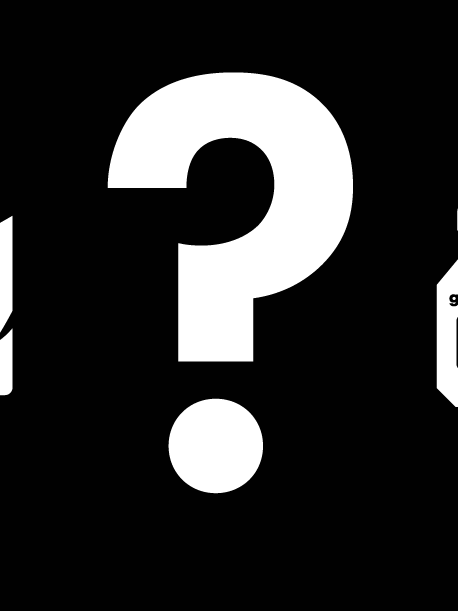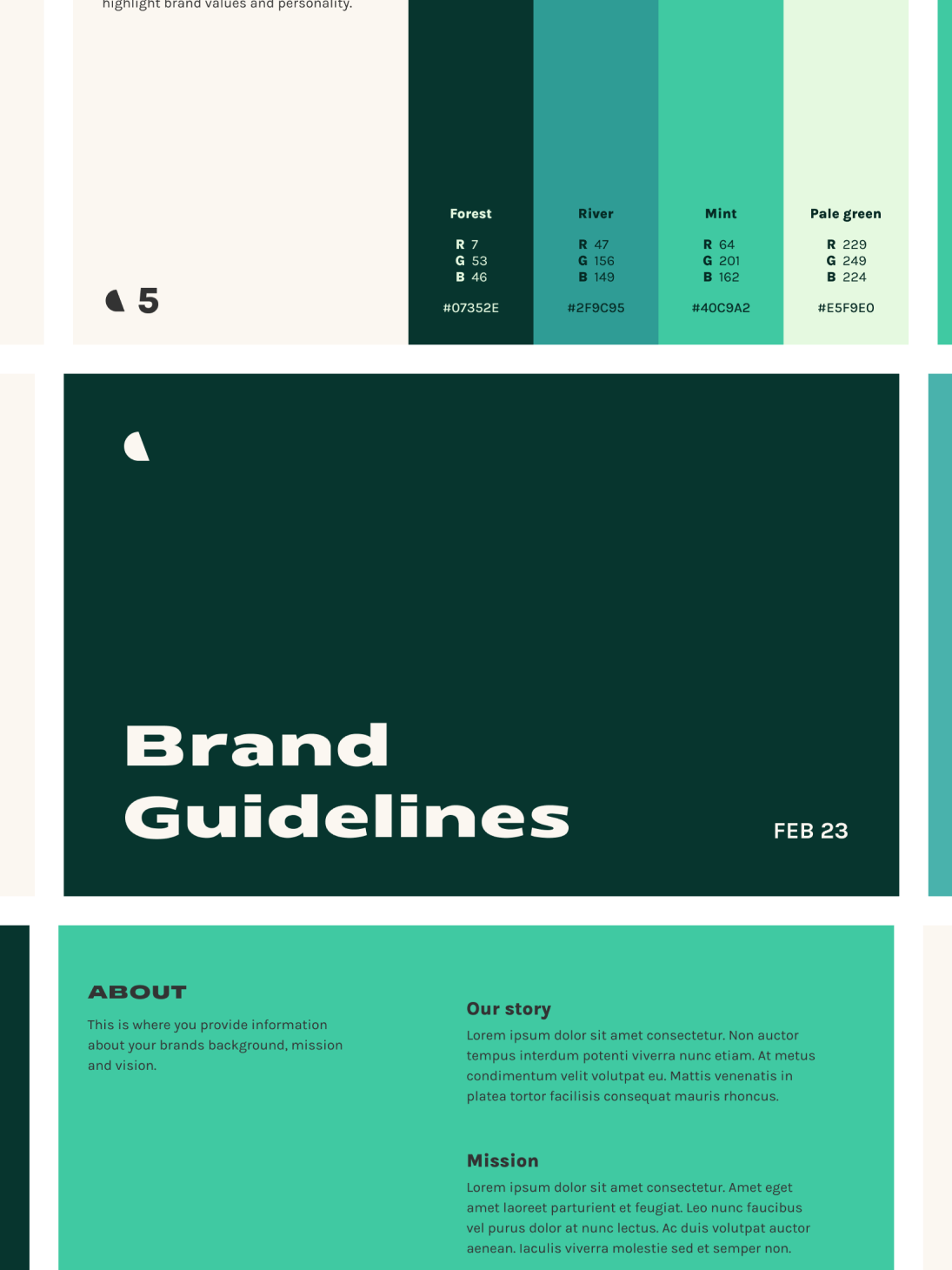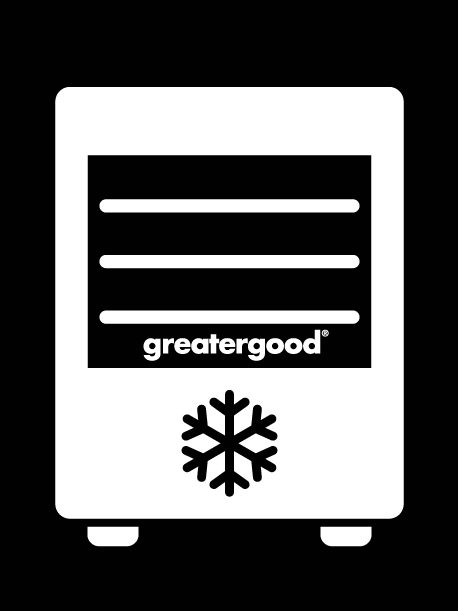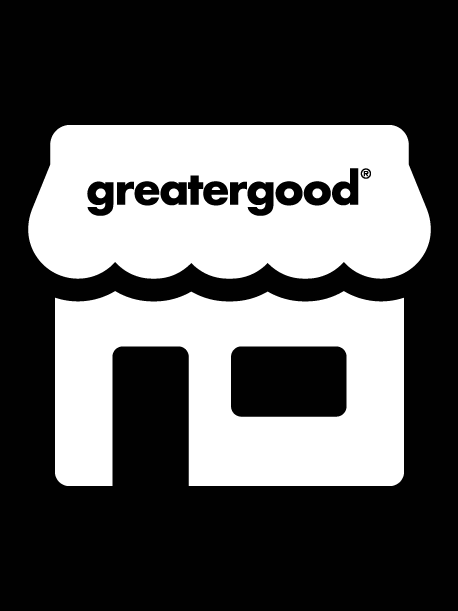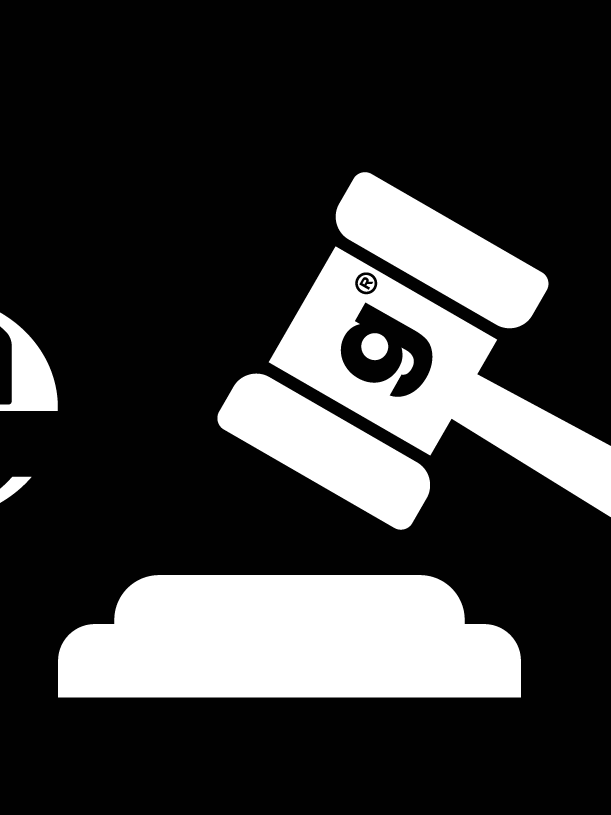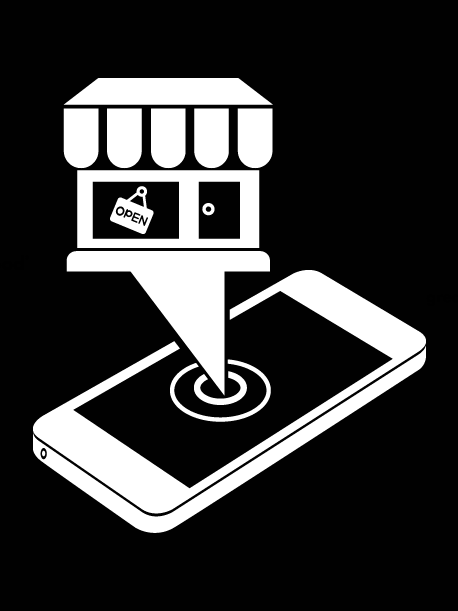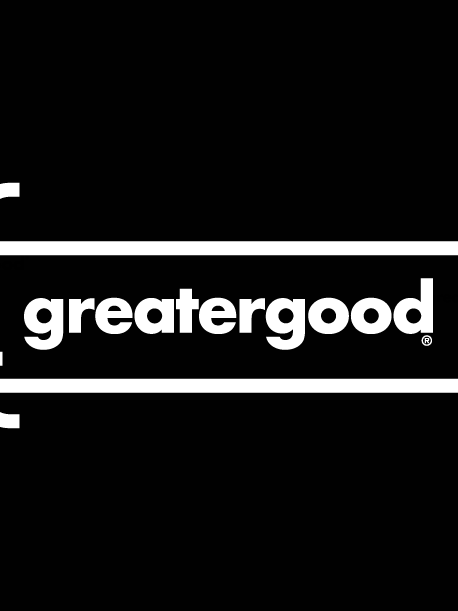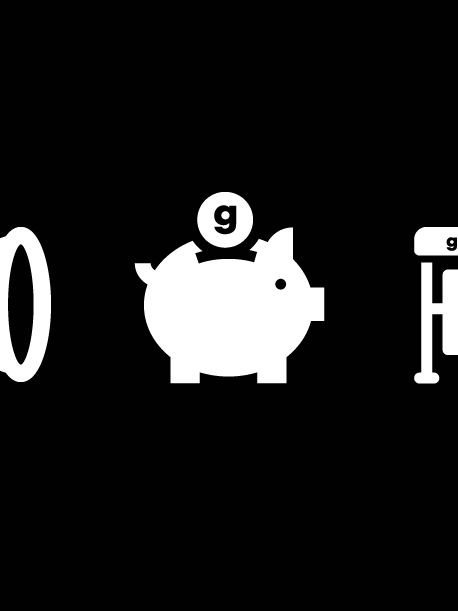It seems we can’t go a day without hearing the detrimental impact plastics are having on both our planet and our health. From the ocean to land and now our own bodies – plastic has infiltrated all aspects of our lives and has inevitably found its way into our food chain. With grocers and retailers on a mission to remove and reduce plastic from all of their products lines, many brands are carrying out packaging audits to see how their own products shape up.
Ahead of any packaging audit, it’s important to dig deep and question your current packaging lines.
Here we’ve compiled a list of 12 questions you should be asking as part of your packaging audit...
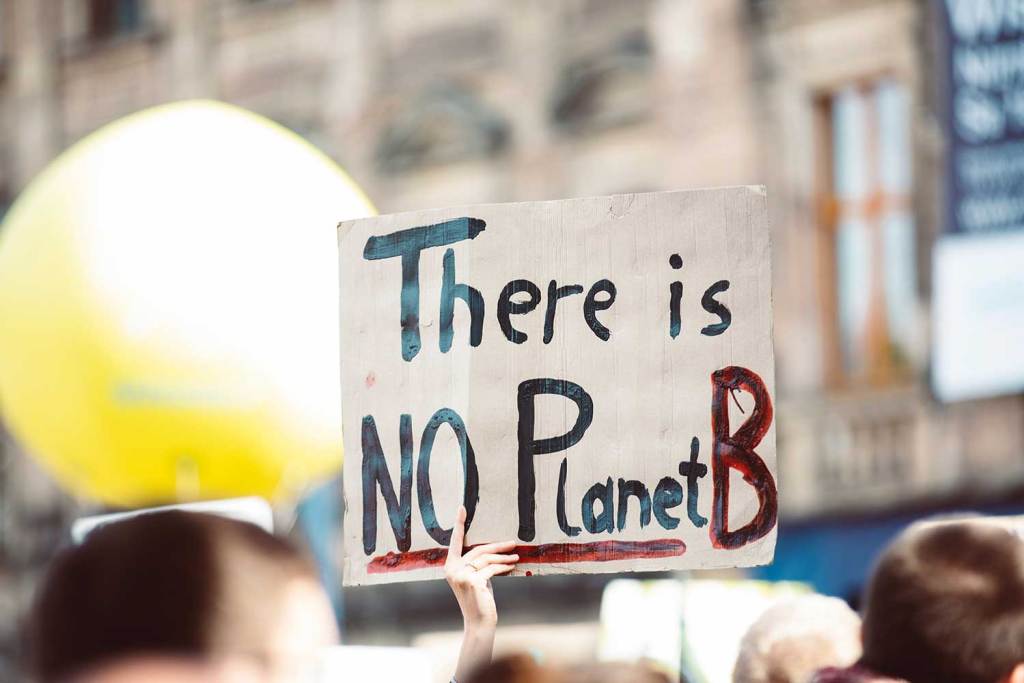
1. What is your end goal?
Are you looking to remove plastic entirely? Reduce? Have reusable or returnable formats? What are your realistic timescales for achieving this?
2. What percentage of your total packaging is plastic? And what percentage is completely unavoidable?
A good starting point could be to work out the actual amount of plastic which makes up your packaging. Look further than just physical boxes, look at your supply chain.
3. What plastics are we using?
It’s likely you have several types of plastics which have been chosen for their different qualities. Get to know your plastics – why was this type specified, what makes it invaluable, why is there no alternative?
4. What are our competitors doing?
A great place to look for answers is at your competition. How is the market adapting, how have your competition managed to repackage the same product?
5. If plastic is currently completely unavoidable – can it be reduced in size?
Even slight reductions can add up to huge amounts of plastic reduction when manufacturing in large volumes.
6. Is a plant-based material really a sustainable option?
Plant-based materials are a great biodegradable option, however, it depends where the material has come from. Plant-based materials from food waste should always be used over a material which has been grown for the purpose of packaging. In a world where 1 in 7 people still go hungry – we should not be looking to grow packaging from food which could have been eaten, we should be looking at packaging from food waste instead.
7. Is there an opportunity for refill/reuse?
Especially relevant for food and lifestyle brands – if your product is a repeat purchase does it need to be packaged each time? Or could it become a refillable product after one initial buy.
8. Can you go one step further than reducing plastic?
If you have the opportunity to reimagine your product packaging, could you also look at other materials which could perhaps be reduced? For example, is the entire surface area of your packaging entirely necessary? Could the packaging surface area be reduced to save on materials? Can this become a positive for us and allow money to be saved in the long-run?
9. What conditions does a biodegradable material really need to decompose?
Plant-based and biomaterials need an environment suitable for breaking them down – this means the correct amount of heat and moisture to begin the process. If a piece of packaging is thrown in the street, the ocean, or a field – it’s extremely unlikely this degradation will ever occur.
10. Are your sealing materials/mechanisms using plastic?
Standard plastic packaging tapes are not recyclable – consider vegetable starch-based adhesives which are 100% environmentally friendly.
11. Are you aware of the businesses plastic involvement end to end?
Yes, we can remove plastic from our packaging, but how is that packaging transported? How are your products wrapped when in transit? How is plastic used throughout your supply and distribution chain?
12. Are you communicating your journey and commitment to your customers?
Removing and reducing plastic in packaging and complex supply chains can be a long and arduous process. Although you might not have an immediate solution sat on the shelves – are your customers aware of your commitments and progress? Informing your customers of the work going on behind the scenes can keep them invested in your brand. Smaller challenger brands will have the flexibility to find and trial solutions faster – communicating with your customer will keep them loyal.
Do you have a packaging project in mind or looking to audit your existing range?
Get in touch to learn how we can help your brand move forwards.
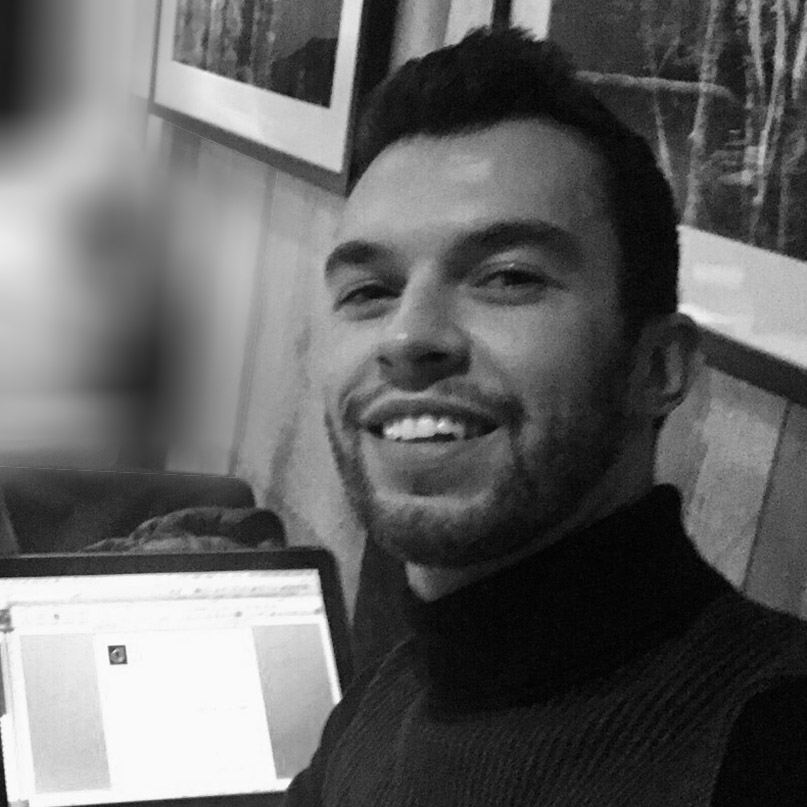
Greatergood Brands®
Daniel Hinde is the Founder & Creative Director of Greatergood Brands. Daniel has over 20 years commercial experience building brands for global household names and disruptive challenger brands.
Sign up to our building better brands newsletter
Free insights for scaling brands

